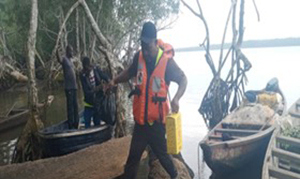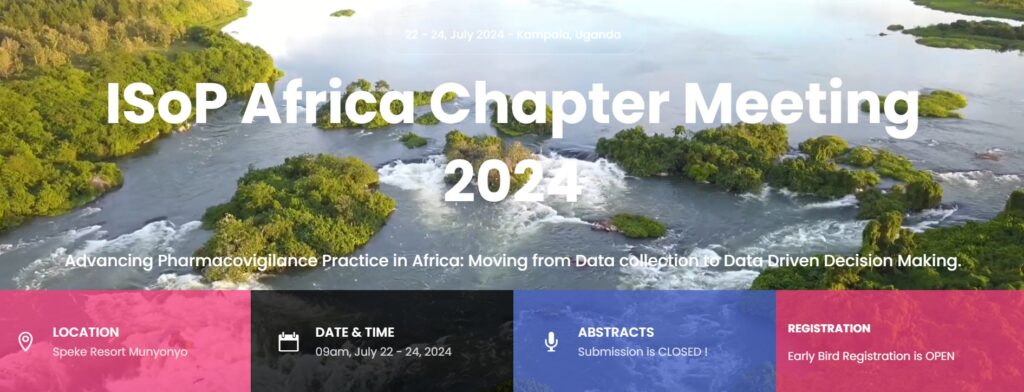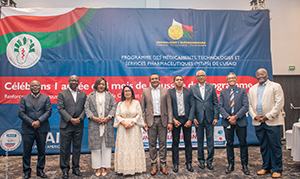Country Landscape and MTaPS’ Support
In March 2020 at the onset of the COVID-19 pandemic, one of Uganda’s strategies was to close borders to prevent the importation of the virus. Fortunately, the country was relatively well prepared to control a national epidemic due to its experiences with several Ebola and Marburg virus outbreaks. Infection prevention and control (IPC) had been recognized as a critical response and was included as a pillar in the Ministry of Health’s (MOH’s) outbreak and preparedness response policy and subsequent COVID-19 preparedness and response plan. The national IPC technical working committee, however, identified IPC readiness gaps in the health system.
USAID MTaPS provided technical assistance to implement an IPC mentorship program developed by the MOH to strengthen IPC capacities at regional, district, and facility levels. MTaPS' ongoing work in Uganda in multisectoral coordination and IPC to combat antimicrobial resistance under the Global Health Security Agenda enabled it to quickly roll out the IPC mentorship program in five target regions using a low-dose, high-frequency mentoring model that allowed staff to learn in their facilities without worsening the acute health worker shortages. Leveraging the existing IPC teams at regional referral hospitals that MTaPS had previously trained to cascade training to district IPC teams and on to health facilities, MTaPS strategically maximized time efficiency and the number of health workers trained while sustaining quality by having experts oversee every stage. The established pool of IPC mentors/trainers in the regions and districts and in public, private not-for-profit, and private for-profit health facilities has helped bolster the national defense system against future pandemics.

Health worker training. Photo Credit: MTaPS Uganda
Select Highlights
Infection Prevention and Control (IPC)
- Delivered a cascaded mentoring program in five regions, starting from training regional IPC teams who reached 45 district committees who in turn mentored and trained 486 facility mentors, who further reached 858 public and private health facilities within 12 weeks with necessary skills in COVID-19 case identification and isolation, disinfection, cleaning, and environmental controls
- Helped create 49 COVID-19 IPC committees at hospitals and 809 IPC teams at lower-level health facilities to facilitate implementation and overseeing of IPC interventions
- Built capacity of facilities at the institutional level to assess IPC practices, develop a work plan, and track progress with follow-up assessments
- Linked five health facilities to the national logistics subcommittee for support in accessing COVID-19 IPC and laboratory supplies.
Indicators as of September 2023

5448
Number of workers trained on
COVID-19-related IPC and/or WASH

858
Number of health facilities supported for IPC and/or WASH for COVID-19

Personal protective equipment health worker training. Photo Credit: MTaPS Uganda
Partners include:
- Ministry of Health
- USAID RHITES Programs
- PEPFAR
- Save the Children
- SEED Global Health
- UNICEF
- WHO




